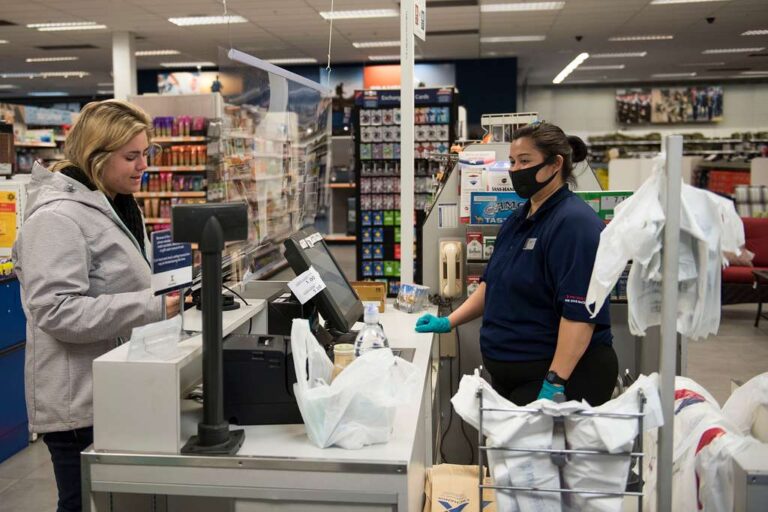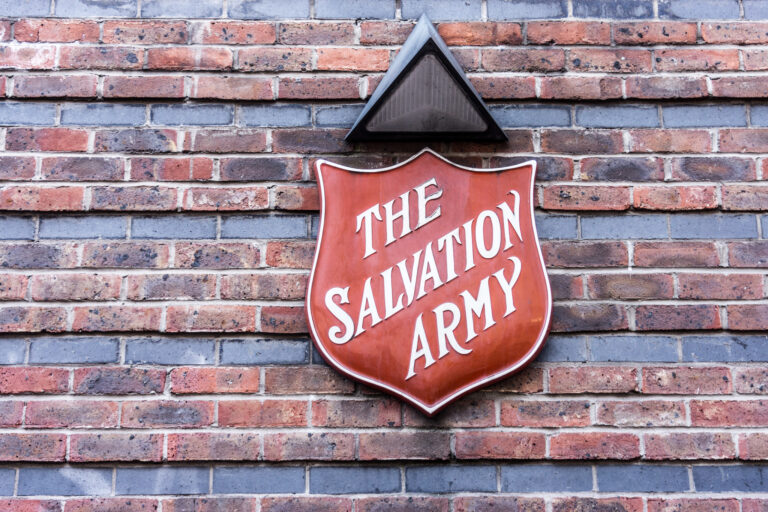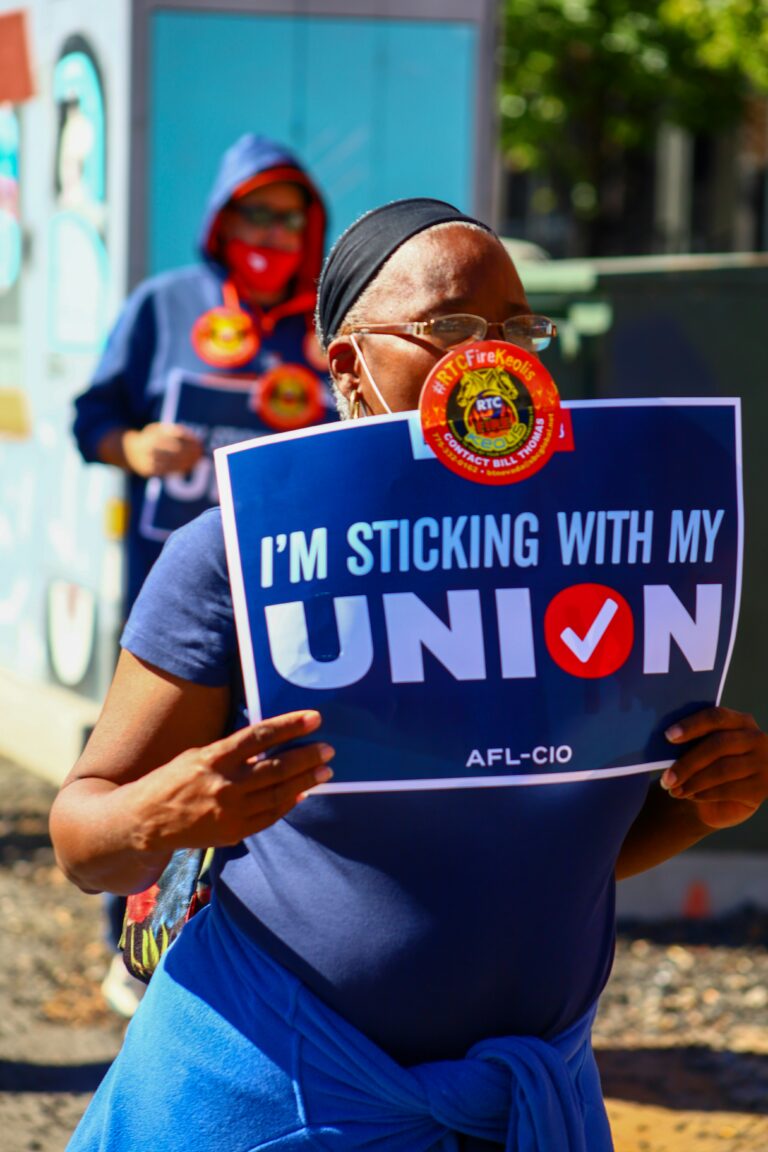The consulting firm PwC has published a new report, “The Future of Work: A Journey to 2022.” The report offers three scenarios, or “worlds,” for life in the future workplace: the transformation of large corporations into mini-states, the development of collaborative networks due to increased specialization, and the influence of the environmental and social agenda on corporate practice. Most workplaces will include a mix from these three scenarios. The report predicts that companies will monitor employees’ health and personal lives, utilize data tools to quantify employees’ performance (especially relative to each other), expand compulsory corporate culture programs, and replace full-time employees with contract workers. Summary and analysis are available here and here.
At a recent economic policy conference, central bankers expressed a commitment to reducing unemployment and spurring job growth. This commitment marks a shift from central banks’ previous focus on reducing inflation, according to the New York Times.
Japanese corporations are increasing efforts to hire international students, the New York Times reports. 48% of midsize to large companies reported plans to hire foreign college graduates. Unlike many Western businesses, Japanese corporations do not hire to fill a specific position but recruit a number of graduates annually and invest extensive training in their new employees.
Paul Krugman argues that affordable housing, rather than lack of business regulation, is behind migration from the Northeast to Texas and other Sunbelt states.






Daily News & Commentary
Start your day with our roundup of the latest labor developments. See all
October 24
Amazon Labor Union intervenes in NYS PERB lawsuit; a union engages in shareholder activism; and Meta lays off hundreds of risk auditing workers.
October 23
Ninth Circuit reaffirms Thryv remedies; unions oppose Elon Musk pay package; more federal workers protected from shutdown-related layoffs.
October 22
Broadway actors and producers reach a tentative labor agreement; workers at four major concert venues in Washington D.C. launch efforts to unionize; and Walmart pauses offers to job candidates requiring H-1B visas.
October 21
Some workers are exempt from Trump’s new $100,000 H1-B visa fee; Amazon driver alleges the EEOC violated mandate by dropping a disparate-impact investigation; Eighth Circuit revived bank employee’s First Amendment retaliation claims over school mask-mandate.
October 20
Supreme Court won't review SpaceX decision, courts uphold worker-friendly interpretation of EFAA, EEOC focuses on opioid-related discrimination.
October 19
DOL issues a new wage rule for H-2A workers, Gov. Newsom vetoes a bill that regulates employers’ use of AI, and Broadway workers and management reach a tentative deal